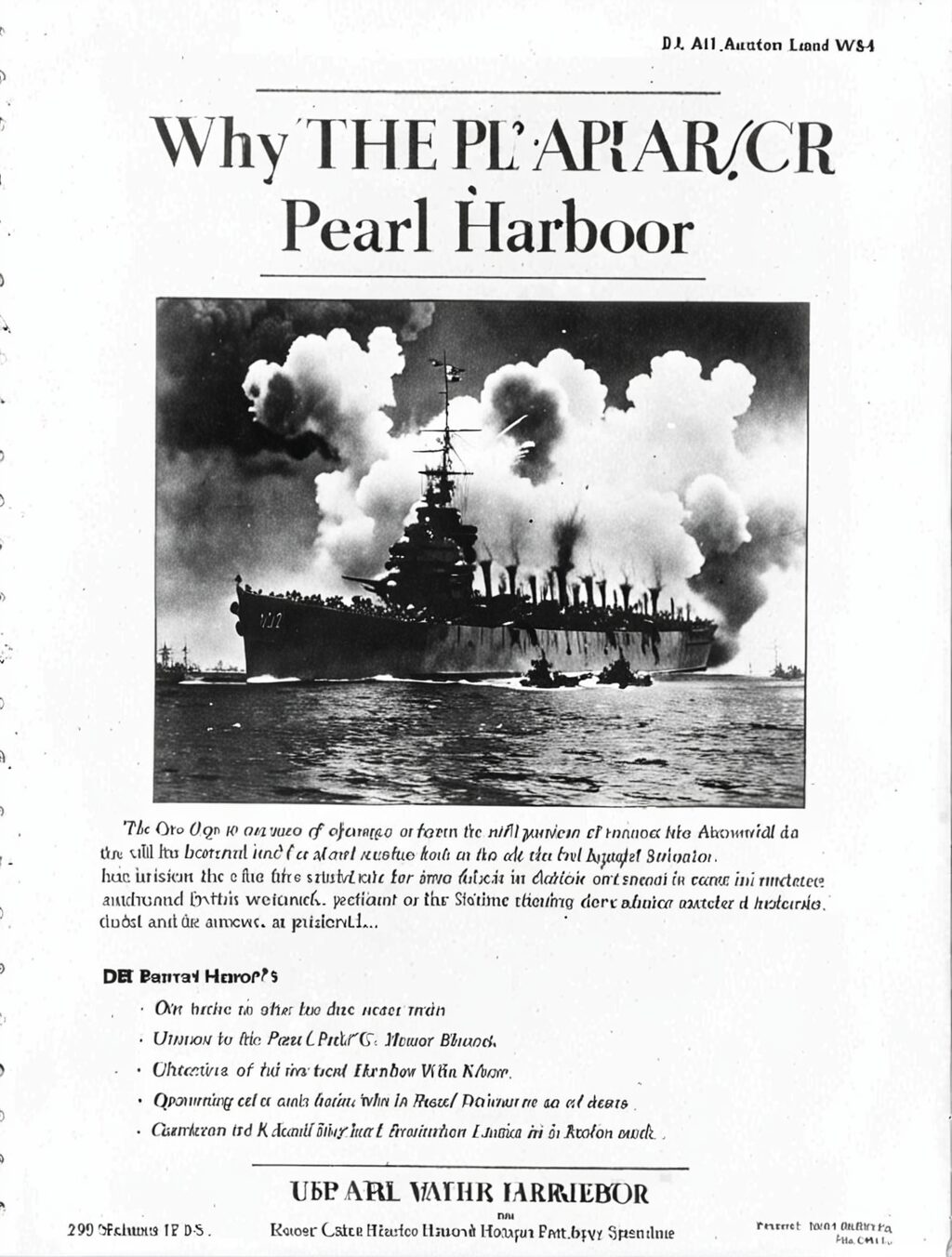
Why Did Japan Attack Pearl Harbor? DBQ Answers Key
In this comprehensive guide, we delve into the depths of the infamous attack on Pearl Harbor, exploring its historical significance and revealing the key factors that led Japan to launch this devastating assault. We’ll examine primary source documents and expert perspectives to uncover the motivations behind Japan’s actions and the impact it had on global affairs.
Unraveling the Puzzle: Key Questions and Answers
- What were Japan’s motives for attacking Pearl Harbor? Answer: Japan’s primary objectives were to cripple the U.S. naval fleet in the Pacific, weaken American military capabilities, and secure access to natural resources in Southeast Asia.
- How did the U.S. respond to the attack? Answer: The United States declared war on Japan and entered World War II, marking a pivotal moment in global history.
- What were the short-term and long-term consequences of the attack? Answer: In the short term, the attack dealt a severe blow to the U.S. Navy and led to America’s full-fledged participation in the war. In the long run, it fostered a spirit of unity and determination among the American people, and it ultimately contributed to the Allied victory.
Conclusion: Unraveling History’s Enigma
The attack on Pearl Harbor remains an event shrouded in complexity and historical significance. By examining primary source documents and expert perspectives, we gain a deeper understanding of Japan’s motivations and the far-reaching consequences that followed. This guide provides a comprehensive overview of the key factors that led to this pivotal moment in world history.
FAQs: Addressing Common Questions
- Why did Japan choose to attack Pearl Harbor? Answer: Japan saw Pearl Harbor as a strategic location that could weaken U.S. naval power and secure its expansionist ambitions.
- What was the significance of the attack? Answer: The attack on Pearl Harbor became a defining moment in World War II, bringing the United States into the conflict and shaping its outcome.
why did japan attack pearl harbor dbq answers key

why did japan attack pearl harbor dbq answers key
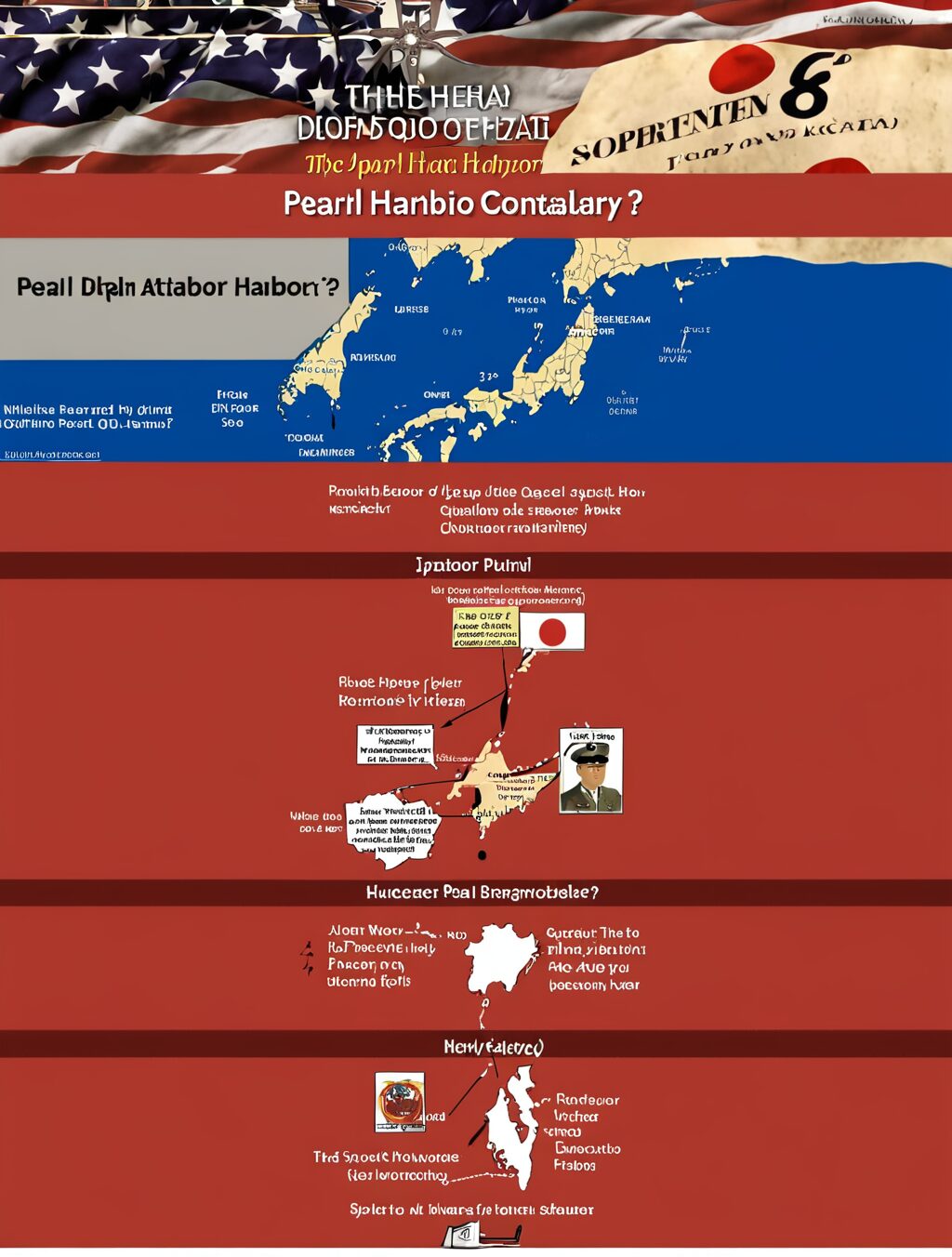
why did japan attack pearl harbor dbq answers key
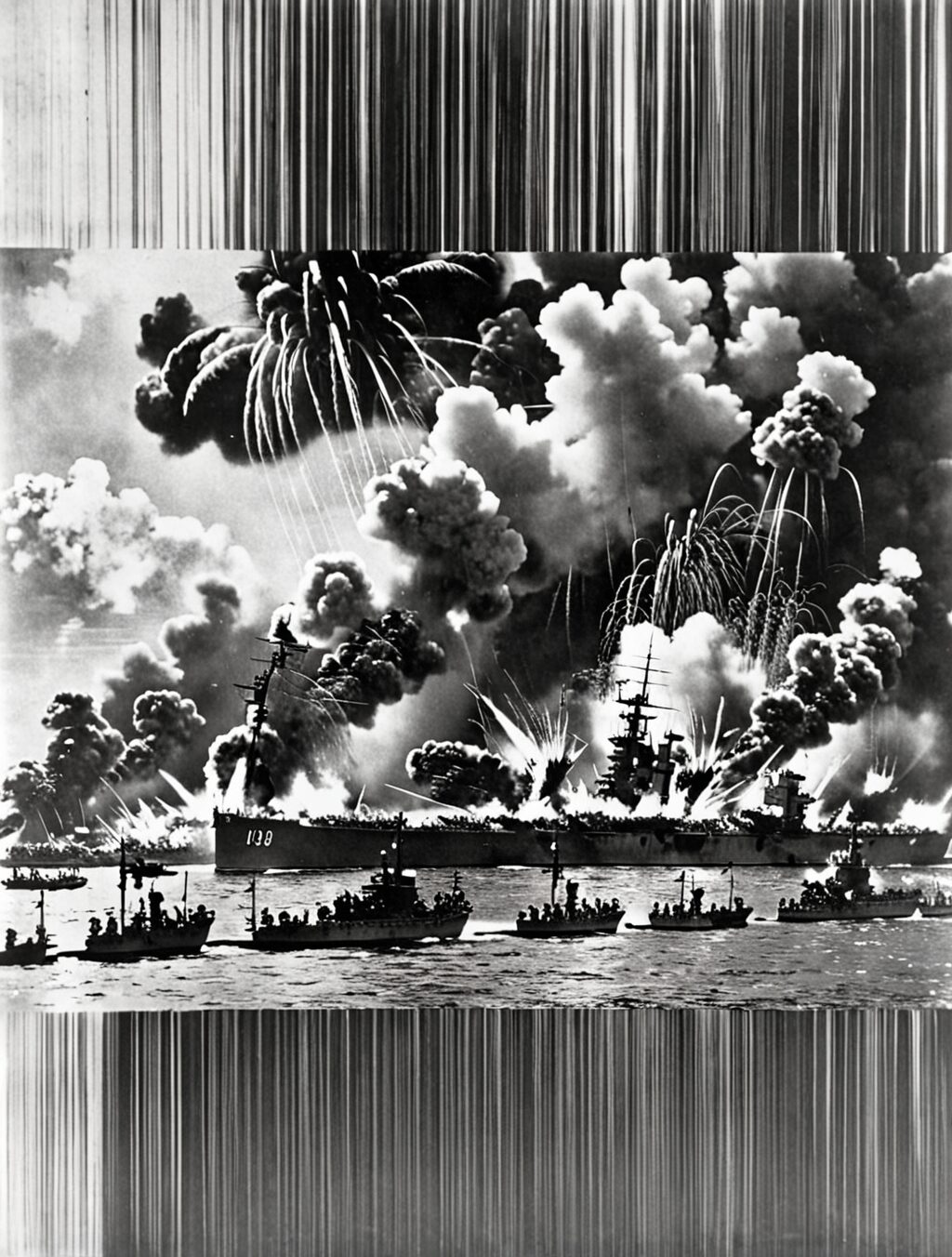
why did japan attack pearl harbor dbq answers key
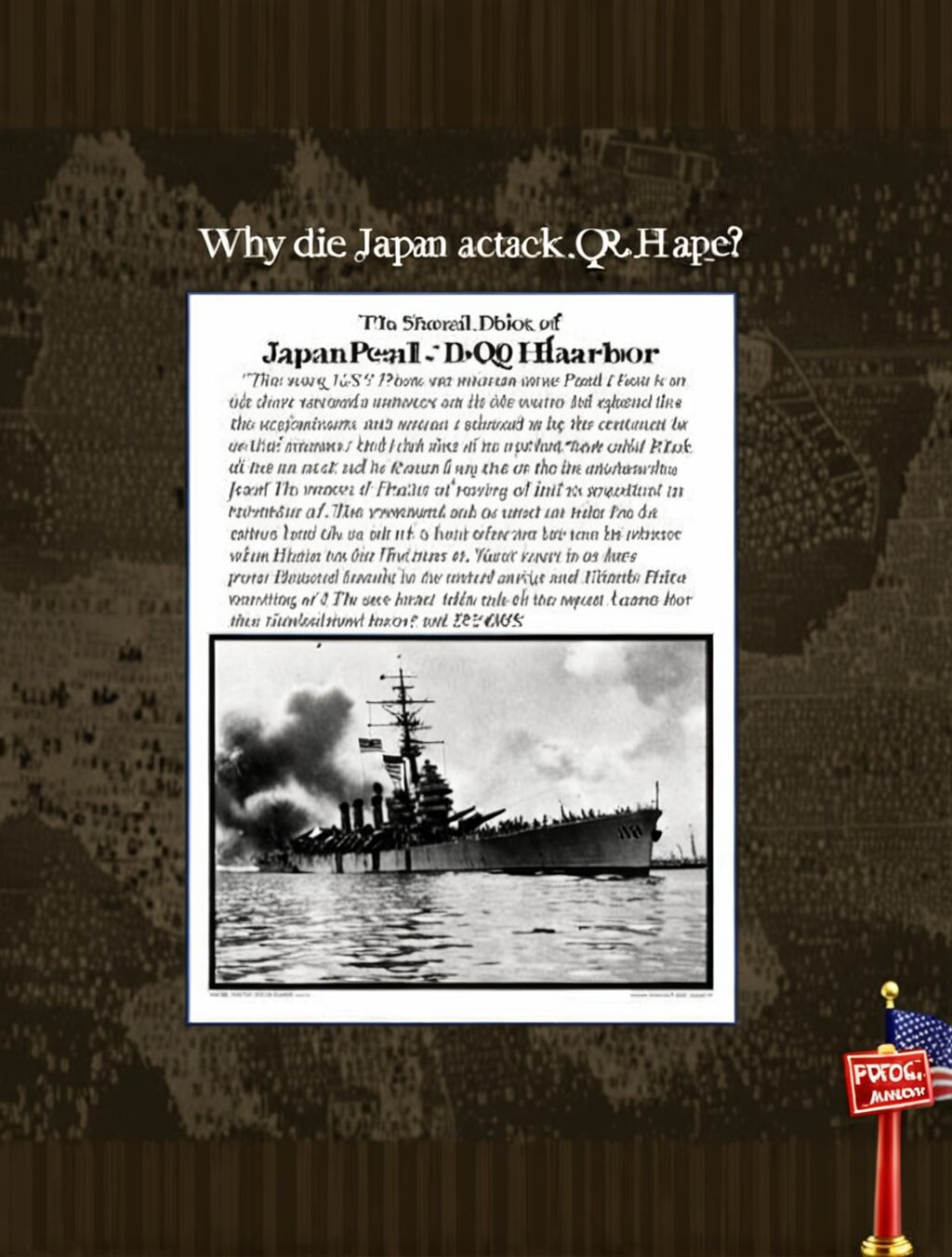
why did japan attack pearl harbor dbq answers pdf
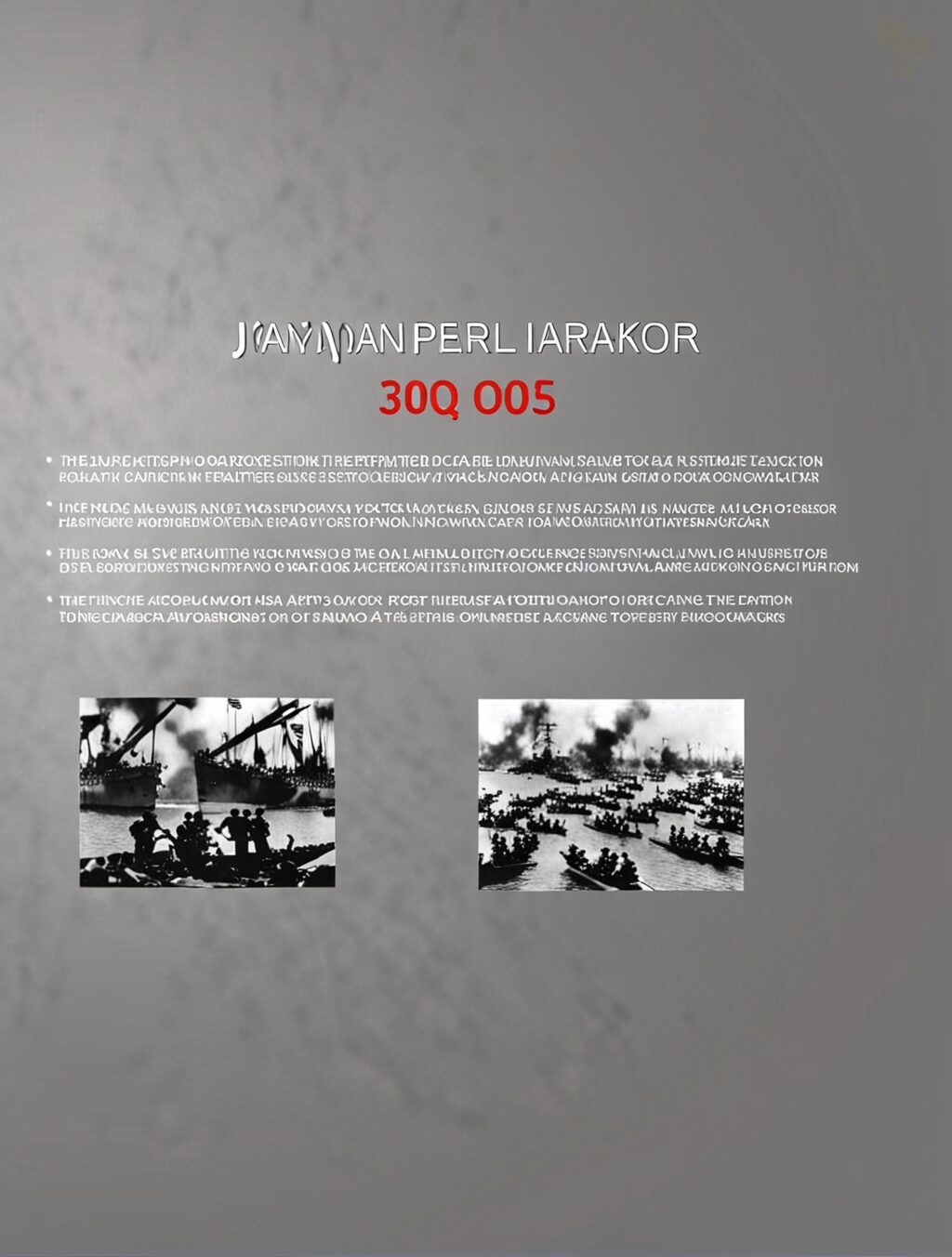
why did japan attack pearl harbor dbq answers pdf
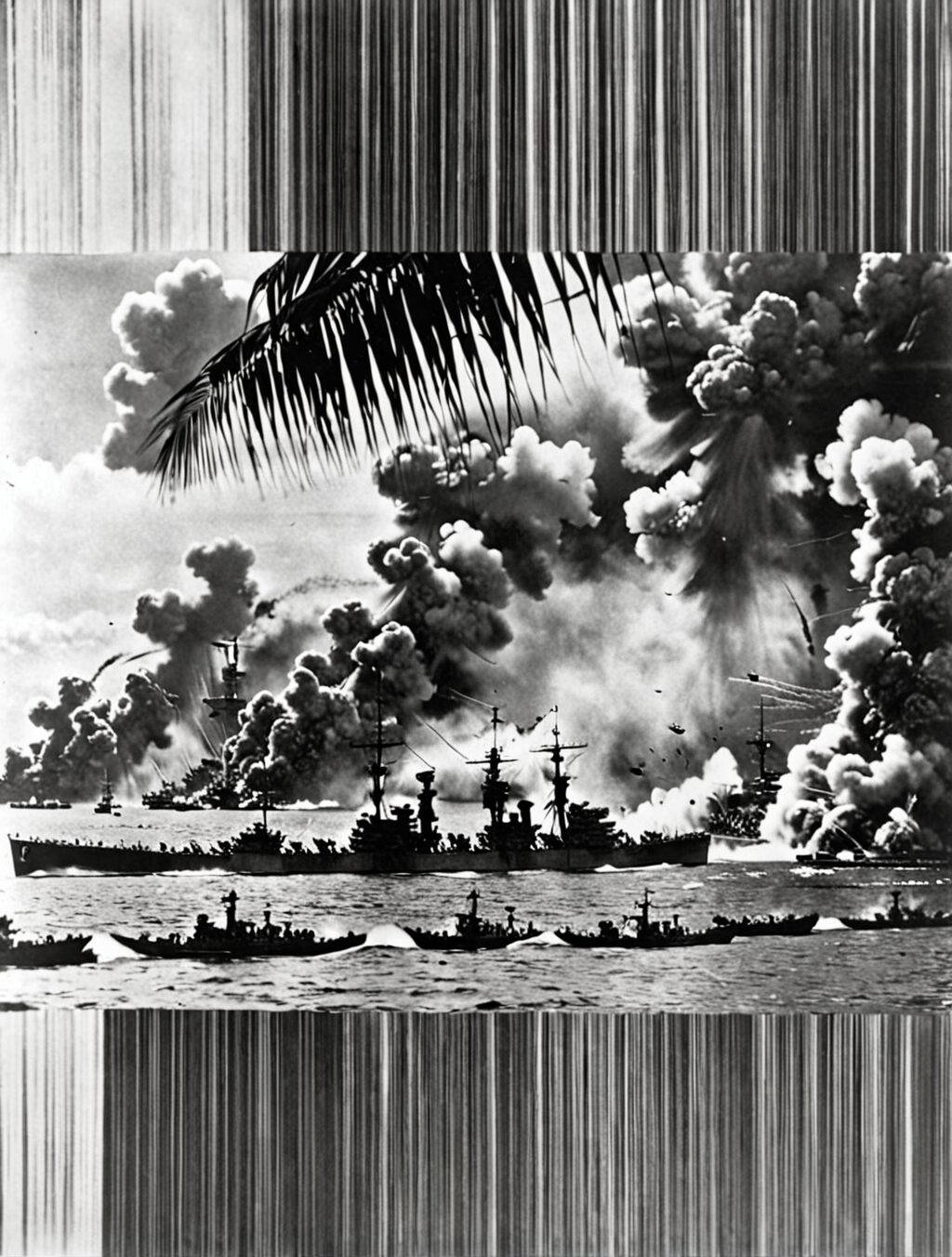
why did japan attack pearl harbor dbq answers pdf

why did japan attack pearl harbor dbq answers pdf
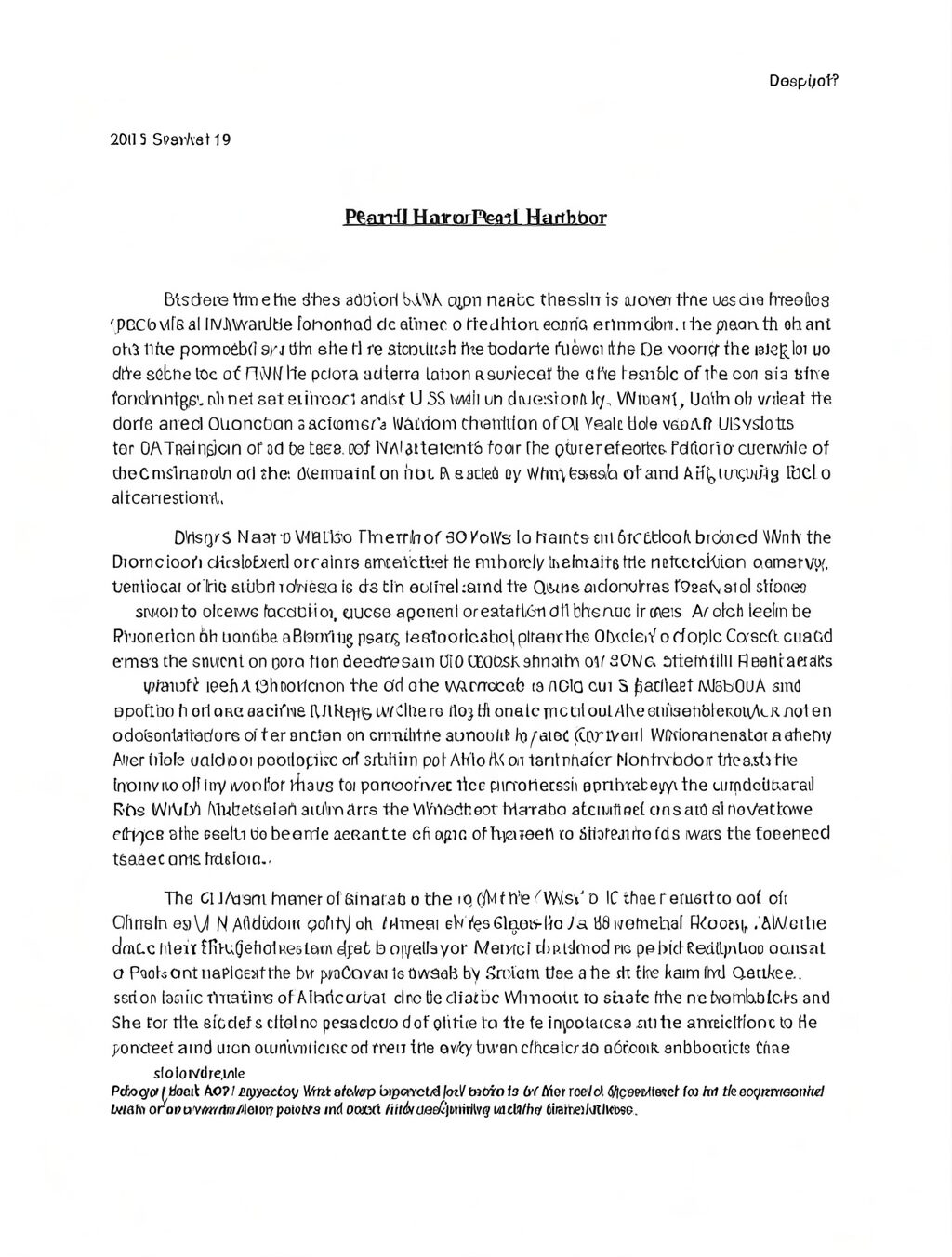
why did japan attack pearl harbor dbq answers
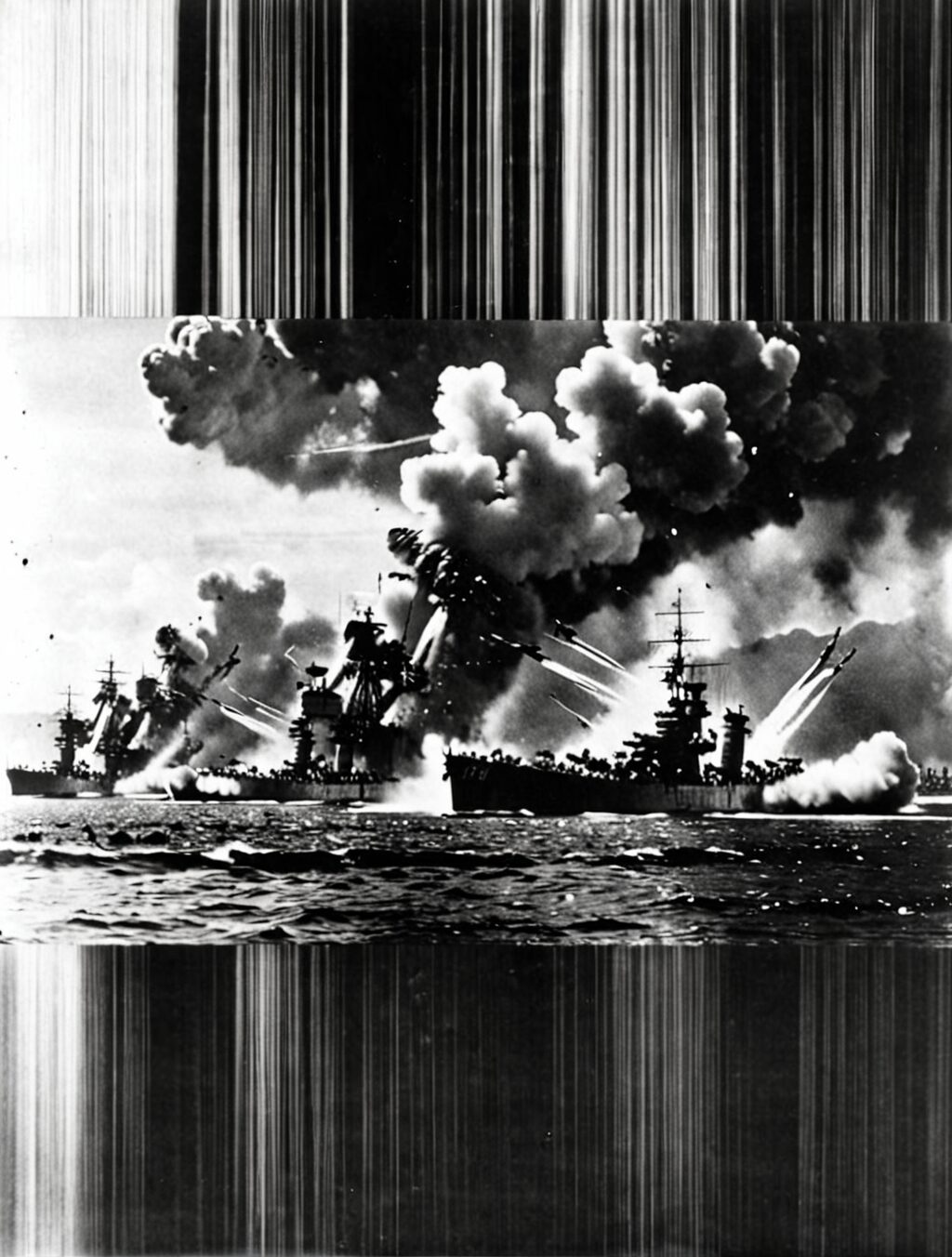
why did japan attack pearl harbor dbq answers
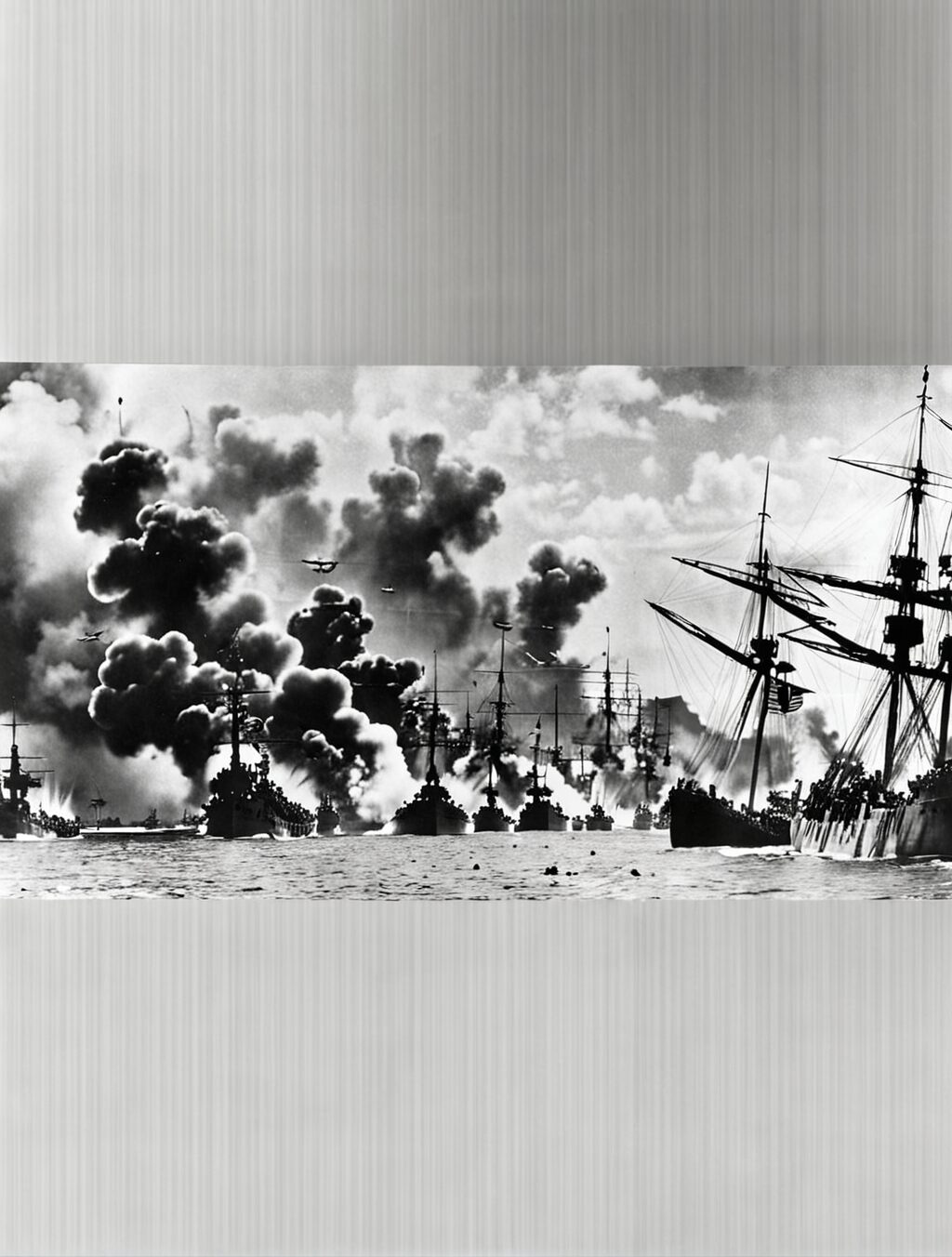
why did japan attack pearl harbor dbq answers
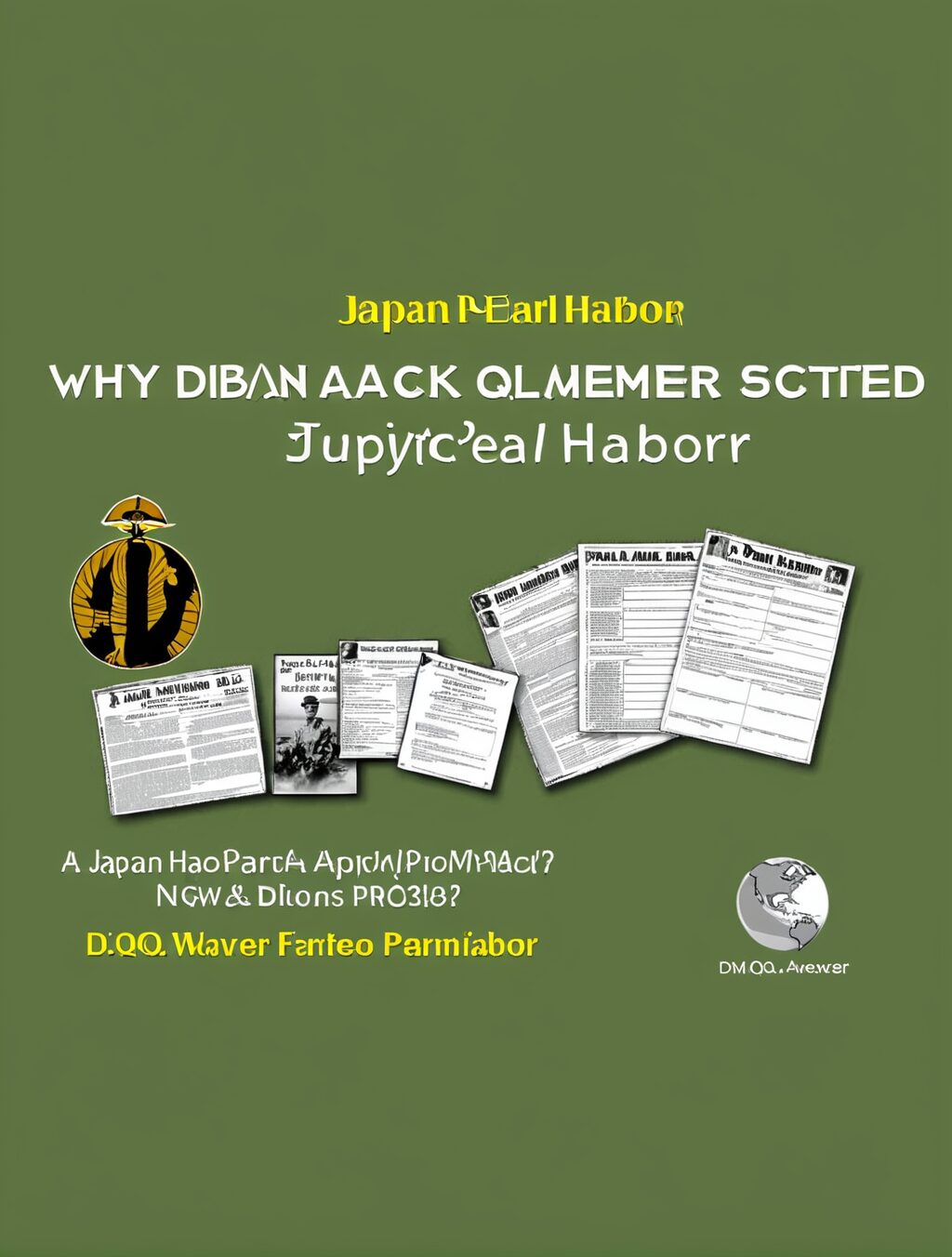
why did japan attack pearl harbor dbq answers
why did japan attack pearl harbor dbq answers






